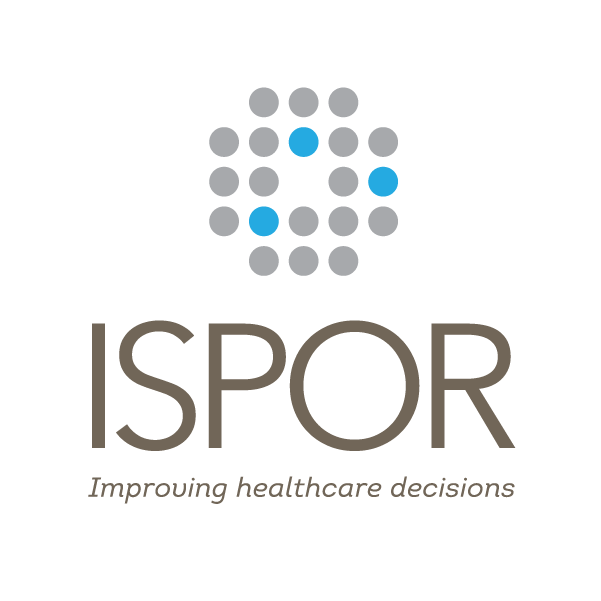Newswise — Lawrenceville, NJ, USA—August 22, 2018—Value in Health, the official journal of ISPOR (the professional society for health economics and outcomes research), announced today the publication of a scoping review of the US Food and Drug Administration (FDA) Pilot Clinical Outcome Assessment Compendium. The results indicate that most of the patient-reported outcomes (PRO) measures sampled violate a fundamental premise of patient-focused drug development: that patients are engaged in the development. The report, Patient-Reported Outcome Measures in the Food and Drug Administration Pilot Compendium: Meeting Today’s Standards for Patient Engagement in Development?, was published in the August 2018 issue of Value in Health.
Since 2009, the FDA has led a movement to develop clinical outcome assessment tools that capture relevant treatment benefit as characterized by patients themselves. As part of that movement, in 2016 the FDA released a Pilot Clinical Outcome Assessment Compendium (COA Compendium) intended to foster patient-focused drug development. The COA Compendium includes a list of COA measures discussed in product labels between 2003 and 2014 or that have undergone qualification.
This scoping review attempted to identify when and how patients were engaged during the development of a sample of PRO measures included in the Compendium. In total, 26 PRO measures were analyzed. Among PRO measures sampled, only 6 of 26 included patient engagement during both concept elicitation and cognitive interviewing, indicating that most included measures may do little to advance the COA Compendium’s stated goal of “fostering patient-focused drug development.” Furthermore, there is no documentation included in the COA Compendium on the level of patient engagement in the development of any of the included measures.
“For the FDA Pilot COA Compendium to fulfill its purpose of fostering patient-focused drug development, it needs fine-tuning to reflect today’s standards, improving transparency and facilitating clear identification of included measures so that the level of patient engagement, among other factors, can be properly assessed,” said author Elisabeth Oehrlein, Department of Pharmaceutical Health Services Research, University of Maryland School of Pharmacy, Baltimore, MD, USA. “Researchers often think that just adding a PRO measure to a study means the study is patient centered. But, PRO measures aren’t inherently patient centered—it just means you are asking patients to provide information. It doesn’t necessarily mean that the patient cares about the information they are providing. That’s why patient engagement and adhering to the FDA’s guidance is so important. We hope that our analysis highlights a number of considerations for both researchers interested in using the current COA Compendium and for FDA as it refines the document.”
###
ABOUT ISPOR
ISPOR, the professional society for health economics and outcomes research (HEOR), is an international, multistakeholder, nonprofit dedicated to advancing HEOR excellence to improve decision making for health globally. The Society is the leading source for scientific conferences, peer-reviewed and MEDLINE®-indexed publications, good practices guidance, education, collaboration, and tools/resources in the field.
Web: www.ispor.org | LinkedIn: http://bit.ly/ISPOR-LIn | Twitter: www.twitter.com/ISPORorg (@ISPORorg) | YouTube: www.youtube.com/user/ISPORorg/videos | Facebook: www.facebook.com/ISPORorg | Instagram: www.instagram.com/ISPORorg
ABOUT VALUE IN HEALTH
Value in Health (ISSN 1098-3015) is an international, indexed journal that publishes original research and health policy articles that advance the field of health economics and outcomes research to help healthcare leaders make evidence-based decisions. The journal’s 2017 impact factor score is 5.494. Value in Health is ranked 3rd among 94 journals in healthcare sciences and services, 3rd among 79 journals in health policy and services, and 6th among 353 journals in economics. Value in Health is a monthly publication that circulates to more than 10,000 readers around the world.
Web: www.ispor.org/publications/journals/value-in-health | Twitter: www.twitter.com/ISPORJournals (@ISPORjournals)
